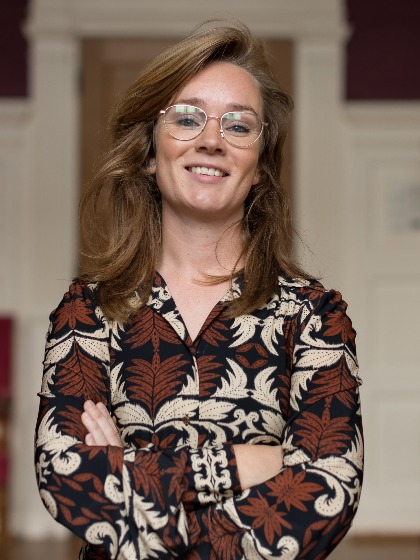Are drugs legal in the Netherlands?
Answer by Michelle Bruijn, associate professor of the Faculty of Law at the University of Groningen
Contrary to what many people think, drugs are not legal in the Netherlands. However, we are tolerant of soft drugs, such as cannabis. The government tolerates the possession of five cannabis plants and five grams of soft drugs, and cannabis cafés (coffee shops) are allowed to sell small quantities under strict conditions.
The tolerance in the Netherlands towards soft drugs is called the policy of tolerance. Under this policy, certain offences under the Opium Act are not actively prosecuted, such as possession of a user quantity of drugs. This includes five grams of soft drugs, five cannabis plants, half a gram of hard drugs, or one pill. One of the best-known parts of the policy of tolerance is the sale of small amounts of cannabis in coffee shops. Coffee shops are allowed to sell a maximum of five grams of cannabis per person per day to people over the age of 18. They are also allowed to stock a maximum of 500 grams of cannabis. This policy of tolerance was introduced in the 1970s to separate the markets of hard and soft drugs and thus reduce the health risks of drug use, reduce crime, and prevent public nuisance.
But there is a strange side to this policy of tolerance. Sales in coffee shops are tolerated, but growing cannabis is prohibited. This means that coffee shop owners are currently forced to supply their shop illegally. For years, a debate has been going on in the Netherlands about whether cannabis cultivation should be legalized. Proponents say that legalization protects health because it makes it easier to monitor quality. In addition, crime is reduced because coffee shop owners no longer need to deal with criminals. Opponents, on the other hand, say legalization poses health risks and leads to an increase in drug use.
In 2020, the government launched an experiment called ‘the closed coffee shop chain’. This is an experiment in 11 municipalities with the aim to investigate whether it is possible to control cannabis growth and supply to coffee shops. Legislation has been amended for this purpose, so that production, distribution, and sale within the 11 municipalities are no longer subject to prosecution. The experiment had a long preparation phase, but the first regulated cannabis has been on sale in coffee shops in Breda and Tilburg since the end of 2023. The other participating municipalities will follow during 2024.
Although the Netherlands was long known for its liberal soft drug policy, other countries have since overtaken us. For example, cannabis cultivation has been legalized in some states in America, as well as in Canada and Uruguay. Our neighbours to the east have also taken an important step towards a more liberal cannabis policy, and from 1 April 2024, adults in Germany are allowed to possess 50 grams of cannabis and grow three plants for their own use.

Who is Michelle Bruijn?
Michelle Bruijn is an associate professor of the Faculty of Law at the University of Groningen. Her main research areas are public order, security, and health, with a particular focus on the regulation of cannabis, tackling drug-related (organized) crime, drug-related home evictions, and protecting the right to housing.
UG Lustrum:
Celebrate 410 years of science with us!
This campaign is part of the University of Groningen Lustrum in 2024. The University of Groningen will then have been in existence for 410 years.


